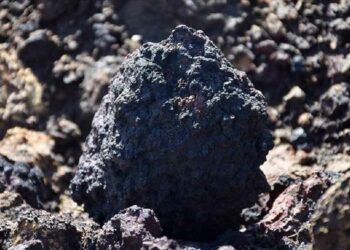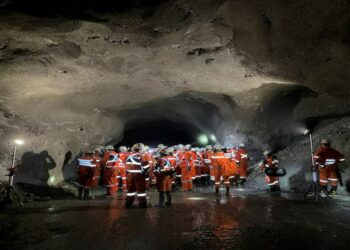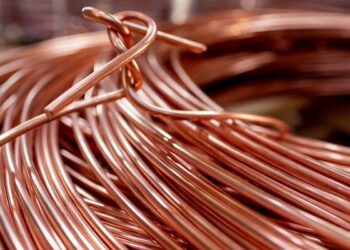A US federal court has upheld the 20-year uranium mining ban on one million acres of land near the Grand Canyon in Arizona, the US.
The ban was imposed by the Department of the Interior in January 2012 to protect the water sources and wildlife in the region.
According to the US District Court in Arizona, the ban on the uranium mining area is not too big and the toxic waste would affect the nearby Colorado River and Grand Canyon.
The lawsuit was filed by mining and uranium-industry trade associations and uranium prospector Gregory Yount.
The court’s decision came as a relief for Arizona’s Havasupai Tribe and environmental groups including Grand Canyon Trust, Sierra Club, Center for Biological Diversity and National Parks Conservation Association, who were against mining in the region.
Havasupai chairman Rex Tilousi said: “The Havasupai support the withdrawal of the lands from mining for the protection of our homes and our water.
“The ruling today by Judge Campbell recognises the unique and important resources on the lands south of Grand Canyon that are our aboriginal homelands and within the watershed that feeds our springs and flows into our canyon home.”
The court claimed that the lifting of ban would have resulted in the development of 26 new uranium mines and 700 uranium exploration projects, which could result in more than 1,300 acres of surface disturbance and the consumption of 316 million gallons of water.
Grand Canyon Trust programme director Roger Clark said: “The court’s ruling affirms conclusions by five federal agencies, including scientists from the US Geological Survey.
“Uranium mining poses unacceptable risks to the Grand Canyon’s water, wildlife, and people. It should be permanently banned from our region.”
The uranium mining companies now have 60 days time to appeal against the ruling in the Ninth Circuit Court of Appeals.








